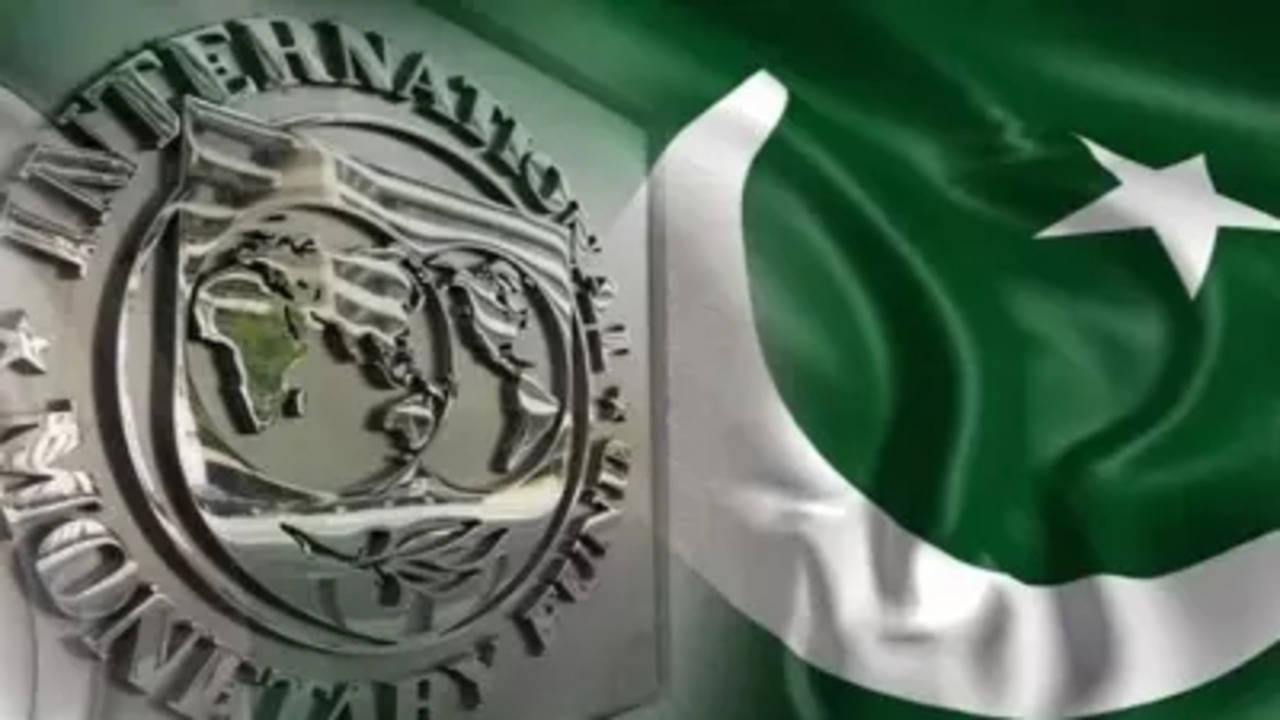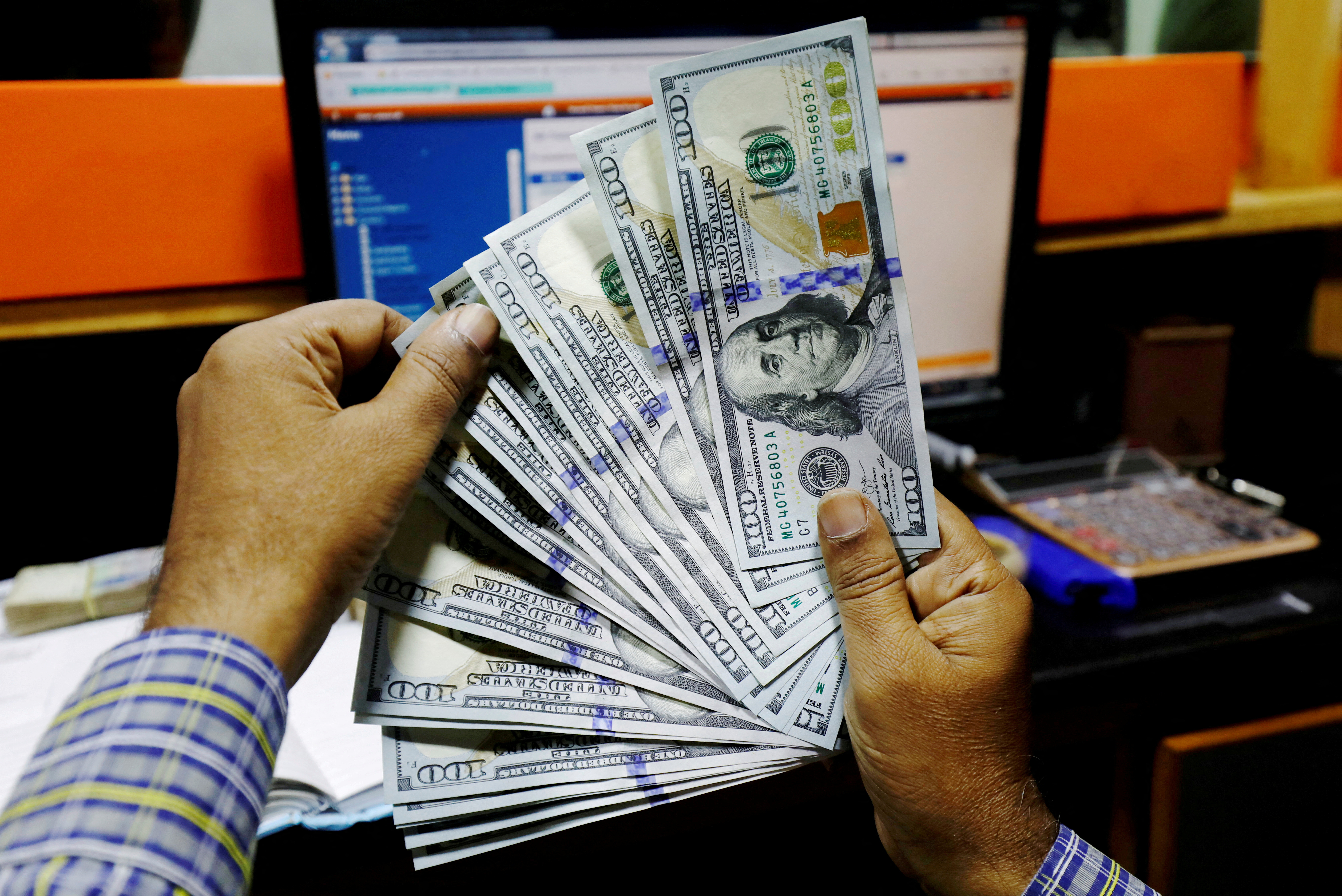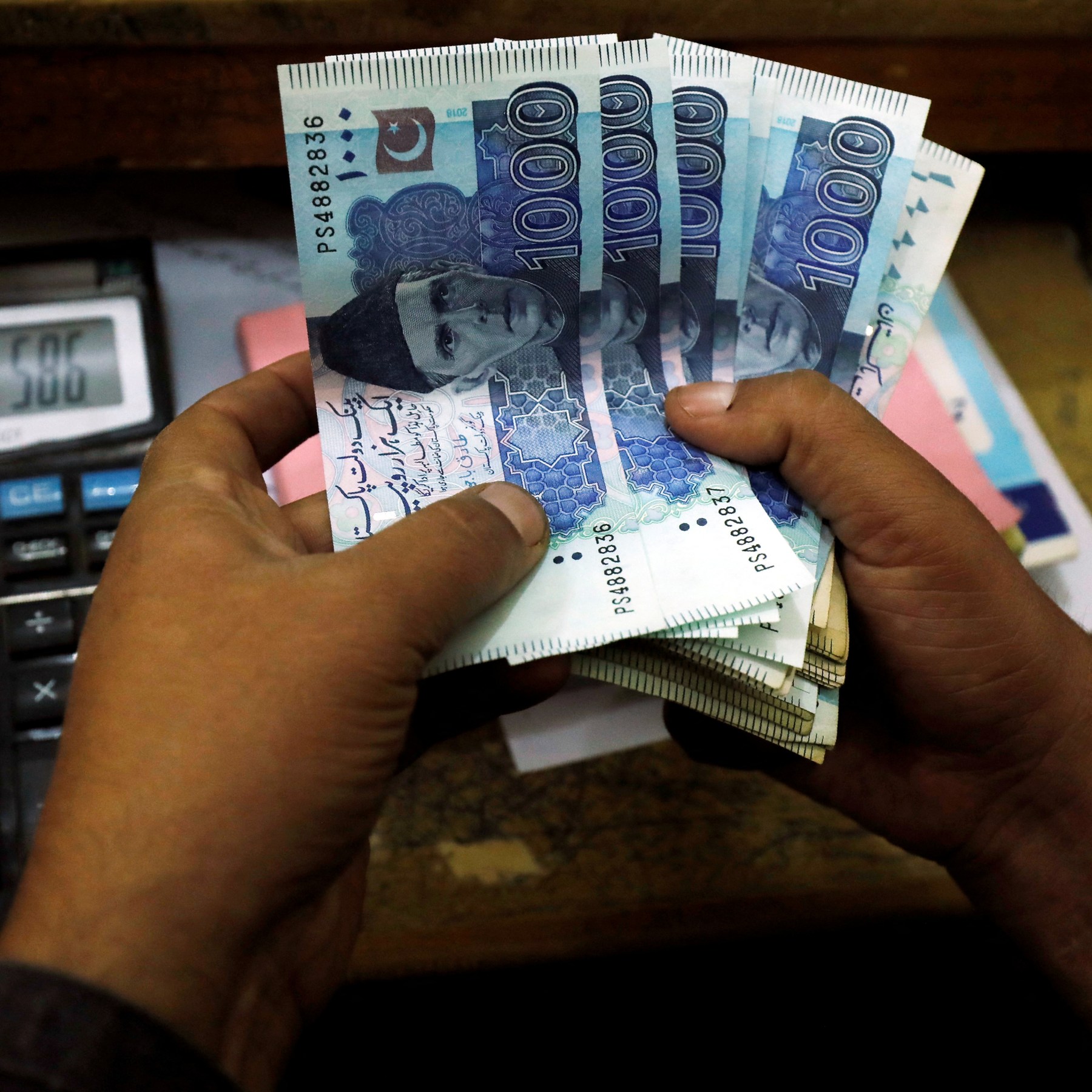Pakistan Secures Final IMF Approval for $3 Billion Bailout in 2023
According to a statement from the Washington-based organization, the IMF executive board agreed on a nine-month stand-by agreement to assist Pakistan’s economic stabilization programme on Wednesday.
Pakistan received final IMF clearance to borrow $3 billion, opening the door to long-awaited funding to aid the country’s desperate need for money and revive its economy. Bonds in dollars increased. According to a statement from the Washington-based organization, the IMF executive board agreed on a nine-month stand-by agreement to assist the nation’s economic stabilization programme on Wednesday. The action makes an immediate payout of around $1.2 billion possible.

The South Asian nation launched an all-out effort to secure an IMF agreement to prevent a sovereign default after months of delays, taking moves that included boosting interest rates in an emergency meeting and raising taxes. With a credit score lift from Fitch Ratings and extra finance worth billions of dollars from creditor nations, the IMF loan is improving sentiment in the country.
According to Patrick Curran, a senior economist at Tellimer located in Portland, Maine, “The IMF loan has lifted much of the near-term fog for Pakistan’s bonds, though price gains may now be more limited after the recent rally.” To prevent a default in the long run, he continued, “We will be closely monitoring programme implementation prior to elections and progress towards a timely successor arrangement post-election.”
After rising 2.1 cents on Wednesday, dollar bonds maturing in 2031 were indicated marginally higher at 48.3 cents on the dollar on Thursday. In the last month, Pakistani bonds gave investors a 35% return, while stock prices increased 10%. To make the loan programme effective, Pakistan must undertake measures including “greater fiscal discipline, a market-determined exchange rate to absorb external pressures,” and other energy and business policy changes, according to the IMF.

With around 20 bailouts since the 1950s, Pakistan is one of the IMF’s most prominent clients. The nation has a mixed record of reaching IMF standards; in August, a $1.1 billion loan was stopped because Islamabad needed to comply with several requirements. According to Moody’s Investors Service, the country now owes $25 billion in debt repayments for the fiscal year beginning this month. Its foreign exchange reserves, which were $4.5 billion at the end of June, are now more than five times that amount.
After multiple meetings with IMF Managing Director Kristalina Georgieva and many hour-long phone calls, Prime Minister Shehbaz Sharif signed off on the rescue plan. The decision “bolsters Pakistan’s economic position to overcome immediate- to medium-term economic challenges,” Sharif said on Twitter. This week, Pakistan got $1 billion and a $2 billion deposit from Saudi Arabia and the United Arab Emirates, respectively. Improved finances will aid the country’s transition to a freshly elected leadership later this year.
The International Monetary Fund (IMF) has granted its final approval for a much-needed bailout package worth $3 billion to Pakistan. This critical decision, taken in July 2023, provides the South Asian country with essential funding to help stabilize its dwindling economy.

For some years now, Pakistan’s economy has been under considerable strain. The Pakistani government has been scrambling for solutions due to mounting public debt, a growing fiscal deficit, dwindling foreign exchange reserves, and chronic inflation. The COVID-19 pandemic exacerbated these issues, as, like many other countries worldwide, Pakistan had to shut down large parts of its economy to control the virus’s spread.
The newly approved $3 billion bailout package is designed to bolster Pakistan’s economy by funding government spending and promoting economic growth. The package will inject liquidity into the cash-strapped country, enabling it to meet its immediate financial obligations, including interest payments on its large public debt and funding for vital public services.
Part of the bailout package will also be used to shore up the country’s foreign exchange reserves. This step is crucial to maintain the country’s import cover and stabilize the Pakistani Rupee, which has experienced significant depreciation in recent years.
As is typical with IMF bailouts, the approval is contingent on the Pakistani government implementing several economic reforms. These measures aim to create a more sustainable and robust economic environment, prevent future crises, and ensure that the bailout funds are used effectively.

The Pakistani government has committed to a series of structural reforms. These include enhancing tax collection to increase the government’s revenue, reducing public sector inefficiencies, improving governance, combating corruption, and implementing policies to foster a more favourable business environment and attract foreign investment.
Moreover, the government will strengthen the social safety net to protect the most vulnerable sections of society from the impacts of these reform measures. This approach aligns with the IMF’s recent emphasis on social spending to mitigate the adverse effects of economic adjustments.

This bailout comes as a crucial lifeline for Pakistan. The funding will help the government meet its immediate financial commitments and provide the breathing room necessary to implement substantial economic reforms. The economic stability this package could bring about is critical for the country’s future growth and prosperity.
On a regional scale, stabilizing Pakistan’s economy could contribute to the economic well-being of South Asia. As one of the largest economies in the region, Pakistan’s financial health is essential for regional trade and stability.
The IMF’s approval of the $3 billion bailout for Pakistan signifies a critical juncture in the country’s financial journey. While it provides immediate relief, it also necessitates long-term economic reform, putting Pakistan at a pivotal crossroads. The country’s government now faces the challenge of effectively using this funding to drive economic recovery, implement necessary reforms, and foster sustainable growth while protecting its most vulnerable citizens from financial hardship.
While this bailout is a step in the right direction, the road to recovery will likely be long and fraught with challenges. However, if successfully implemented, these reforms could place Pakistan on a more sustainable and prosperous economic path, with far-reaching positive implications for its population and the wider region.



